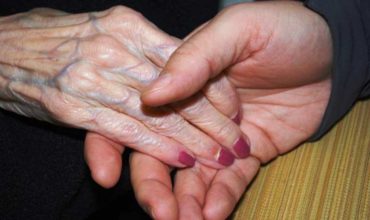As caregivers, we sometimes become so involved in the day-to-day efforts to keep things going we may forget to let others know we need additional assistance with providing care, or just need a break from the work of caring for someone.
Some ways to make your needs known include:
- Work Options. If you are a working caregiver, it is important to discuss your needs with your employer. Telecommuting, flextime, job sharing or rearranging your schedule can help to minimize stress. Increasingly, companies are offering resource materials, counseling, and training programs to help caregivers.
- Involve Older Children. Older children living at home may be able to assist you and/or your loved one. Such responsibility can help young people become more empathic, responsible, and self-confident and give you needed support.
- Ask Others to Help. You can and should ask other family members to share in caregiving. A family conference can help sort out everyone’s tasks and schedules. Friends and neighbors also may be willing to provide transportation, respite care, and help with shopping, household chores or repairs.
- Create a list of things that need to be done, such as grocery shopping, laundry, errands, lawn care, housecleaning, or spending time with your loved one or friend, and put it on the refrigerator or near the front door. If someone says, “let me know if there is anything I can do to help” you can point to the list.
- Take a break from caregiving. Even if it is only 15 or 20 minutes a day, make sure you do something just for you.
- Exercise. Whether it is a 20 minute walk outside or taking a yoga class, exercising is a great way to take a break, decease stress and enhance your energy.
- Eat healthy. Your health and nutrition is just as important as your loved one’s, so take the time to eat well. If you are having difficulty doing that, ask for help and get others to fix meals for you.
- Subscribe to caregiving newsletters or list serves for support.
- Attend a support group for caregivers. Check with your doctor, hospice or local Area Agency on Aging for groups that meet for this purpose.
- Seek professional help. Many caregivers have times when they feel lonely, anxious, guilty, angry, scared, frustrated, confused, lost and tired. If you feel like these feelings are overwhelming you, call your doctor, hospice or another community resource for help.






